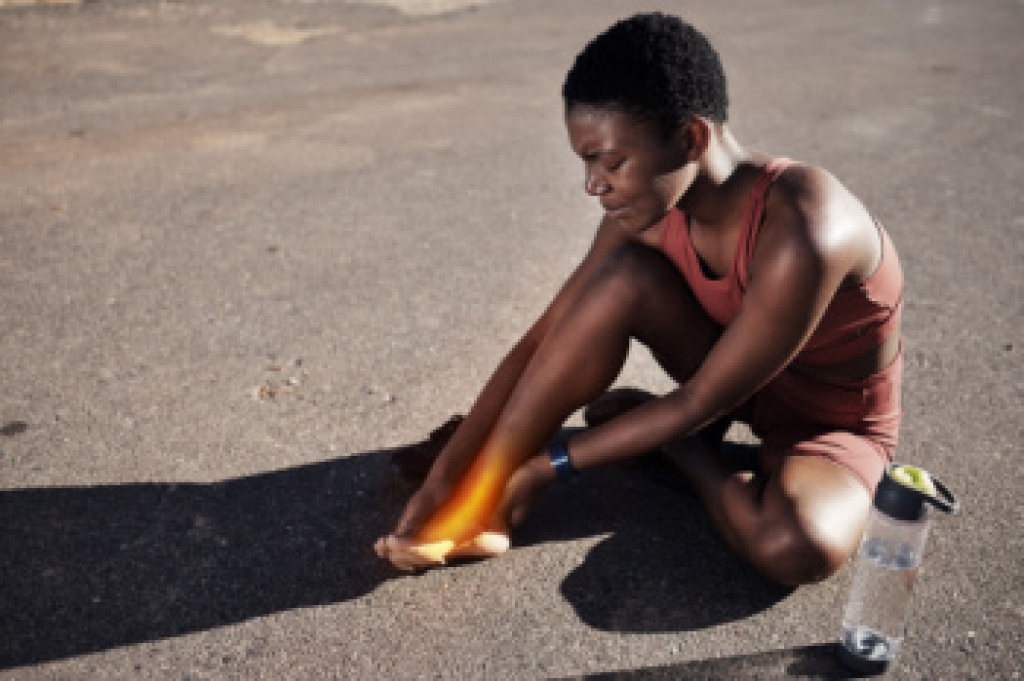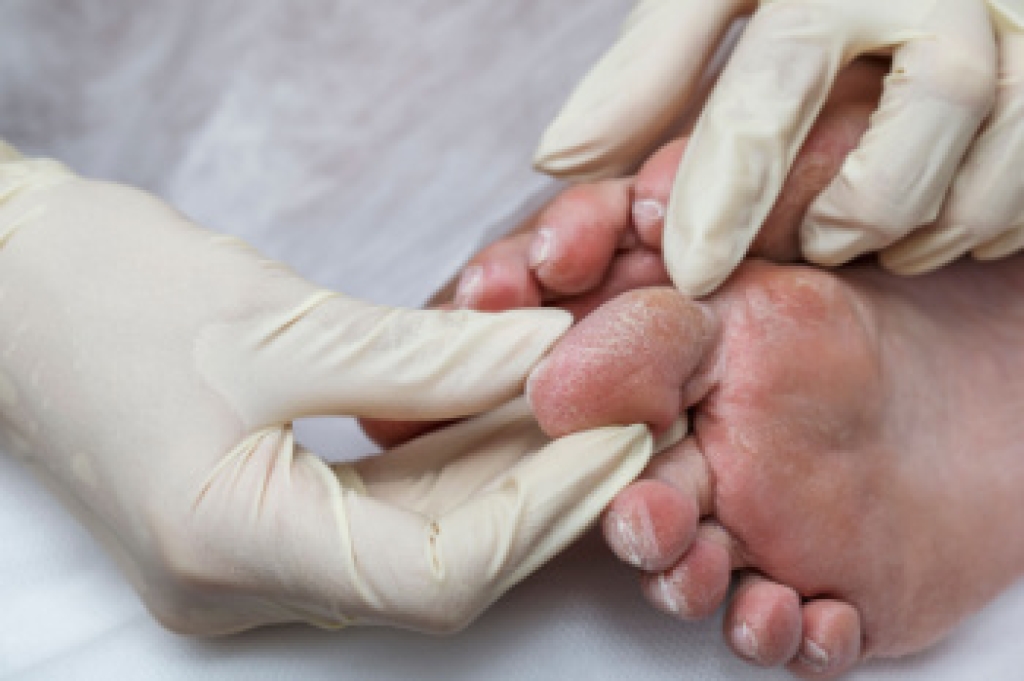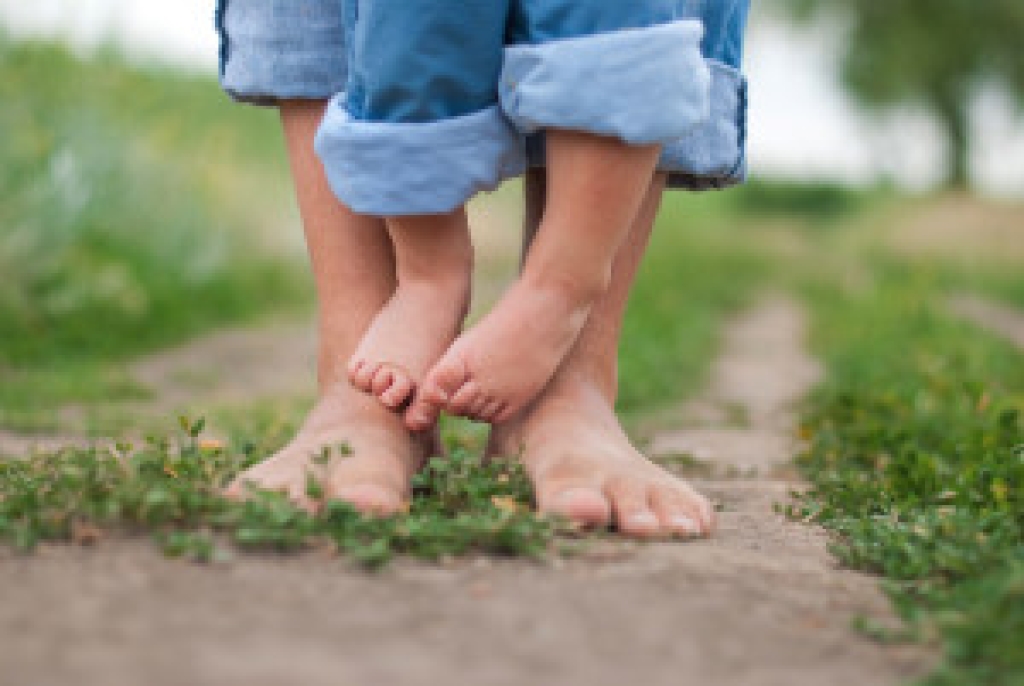
Tenosynovitis develops when the sheath that surrounds and protects a tendon becomes irritated or swollen, making movement painful and less fluid. Tendons help your feet and ankles bend, flex, and support your weight, so even mild inflammation can make daily activities feel harder than usual. Many people notice tenderness, swelling, or a sense of stiffness that worsens with repeated motion. This condition may appear after overuse, sudden increases in activity, improper shoe support, or health issues that affect joint or tendon health. Because the feet and ankles work constantly, untreated inflammation can progress and limit mobility over time. Early care can ease symptoms and restore proper function with rest, footwear adjustments, and targeted therapies. If you experience ongoing pain, swelling, or difficulty moving comfortably, it is suggested that you see a podiatrist for evaluation and appropriate treatment.
Ankle and foot injuries are common among athletes and in many sports. They can be caused by several problems and may be potentially serious. If you are feeling pain or think you were injured in a sporting event or when exercising, consult with one of our podiatrists from Arcadia Foot and Ankle. Our doctors will assess your condition and provide you with quality foot and ankle treatment.
Common Injuries
The most common injuries that occur in sporting activities include:
- Achilles Tendonitis
- Achilles Tendon Rupture
- Ankle Sprains
- Broken Foot
- Plantar Fasciitis
- Stress Fractures
- Turf Toe
Symptoms
Symptoms vary depending upon the injury and in some cases, there may be no symptoms at all. However, in most cases, some form of symptom is experienced. Pain, aching, burning, bruising, tenderness, tightness or stiffness, sensation loss, difficulty moving, and swelling are the most common symptoms.
Treatment
Just as symptoms vary depending upon the injury, so do treatment options. A common treatment method is known as the RICE method. This method involves rest, applying ice, compression and elevating the afflicted foot or ankle. If the injury appears to be more serious, surgery might be required, such as arthroscopic or reconstructive surgery. Lastly, rehabilitation or therapy might be needed to gain full functionality in the afflicted area. Any discomfort experienced by an athlete must be evaluated by a licensed, reputable medical professional.
If you have any questions please contact our offices located in Scottsdale, North Scottsdale, Mesa, and Sun City, AZ . We offer the newest diagnostic and treatment technologies for all your foot and ankle needs.






